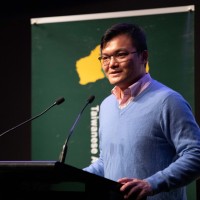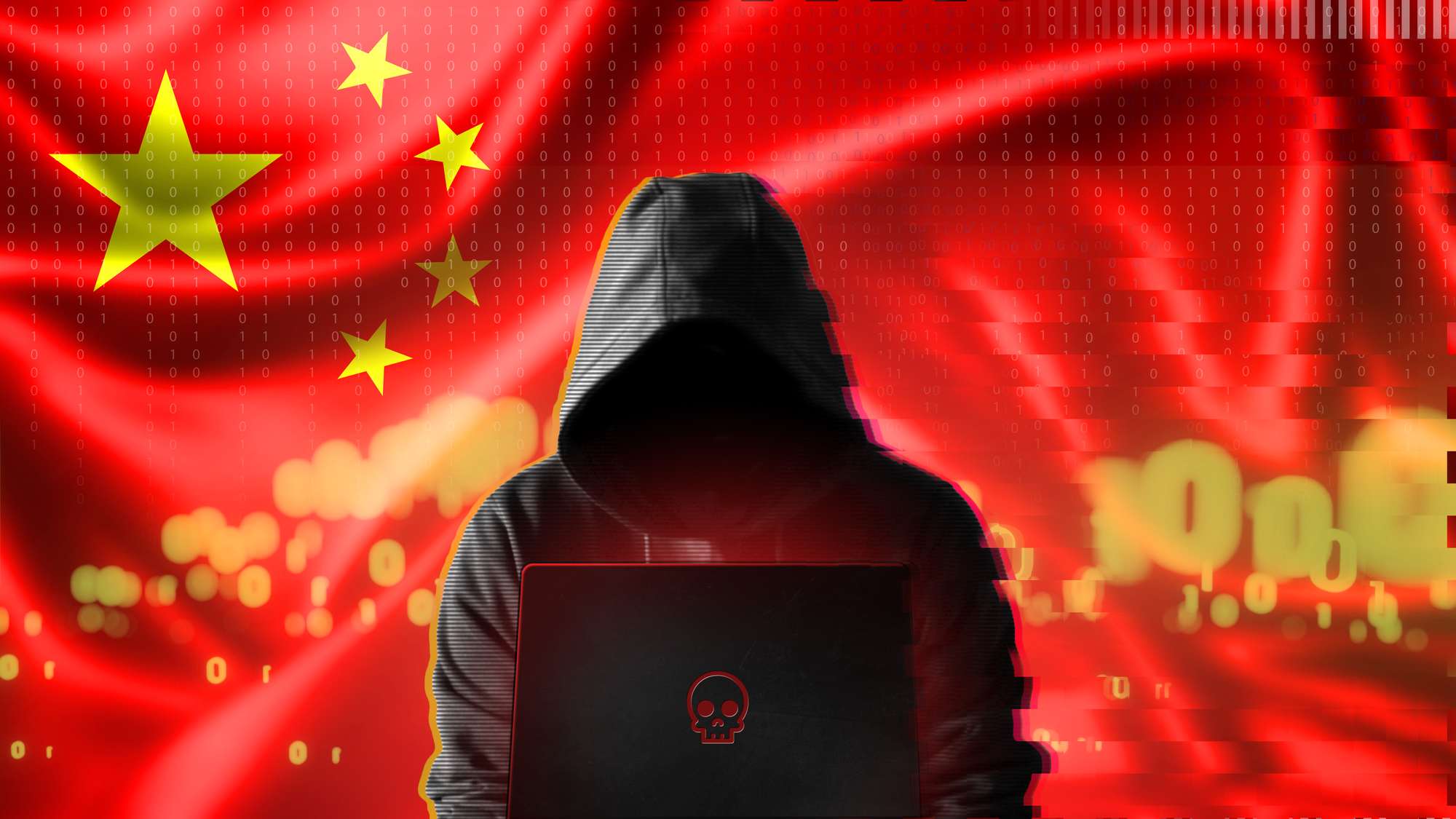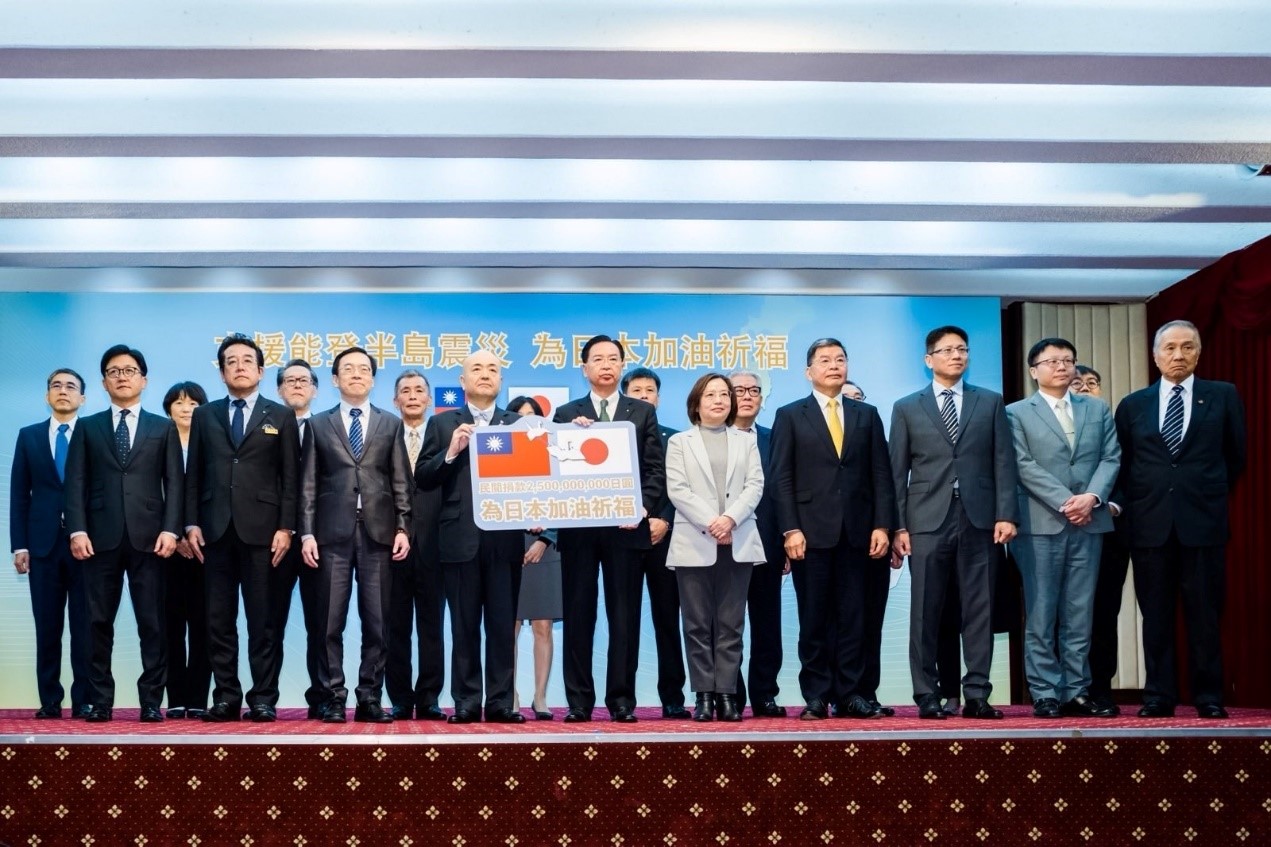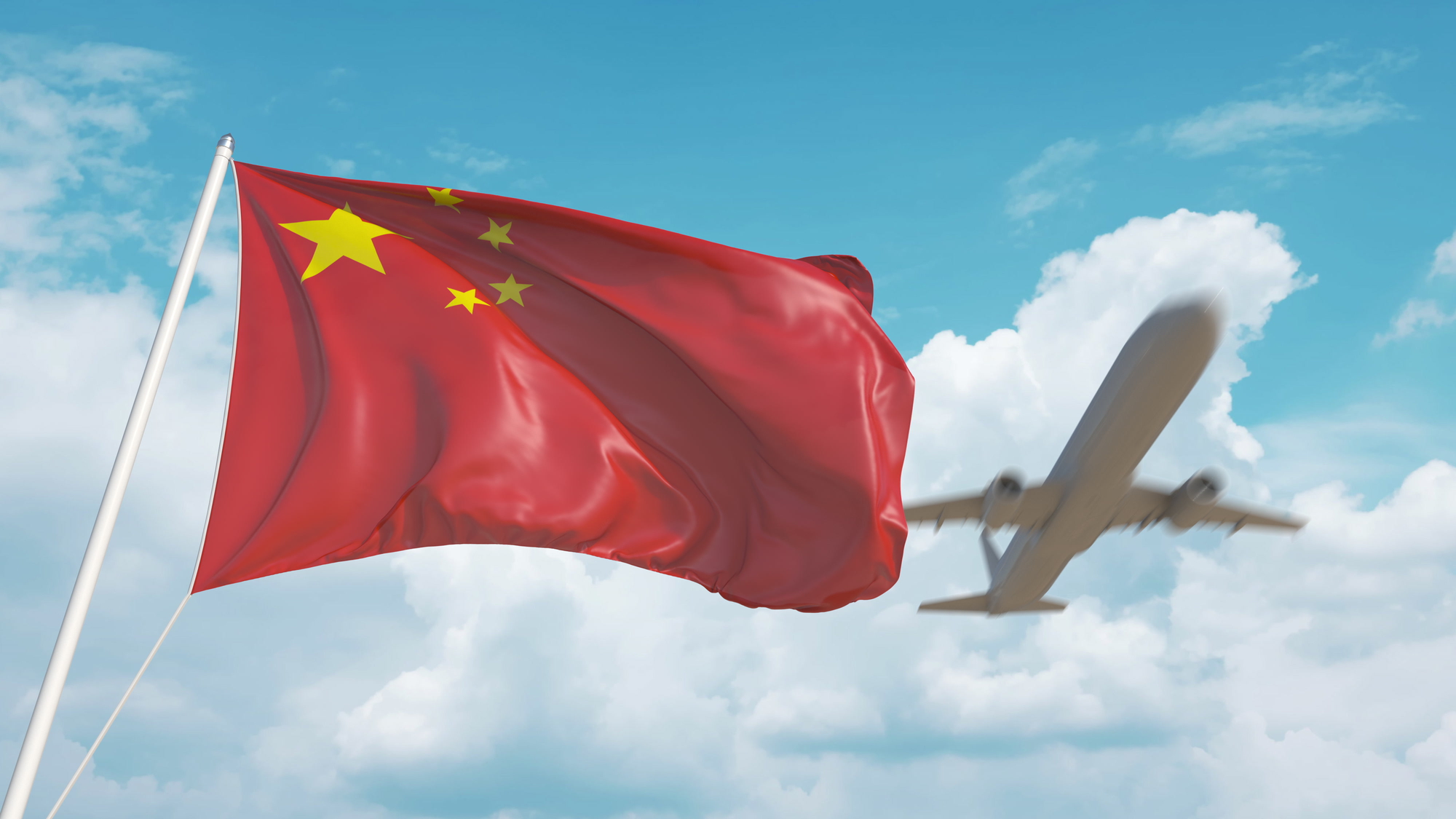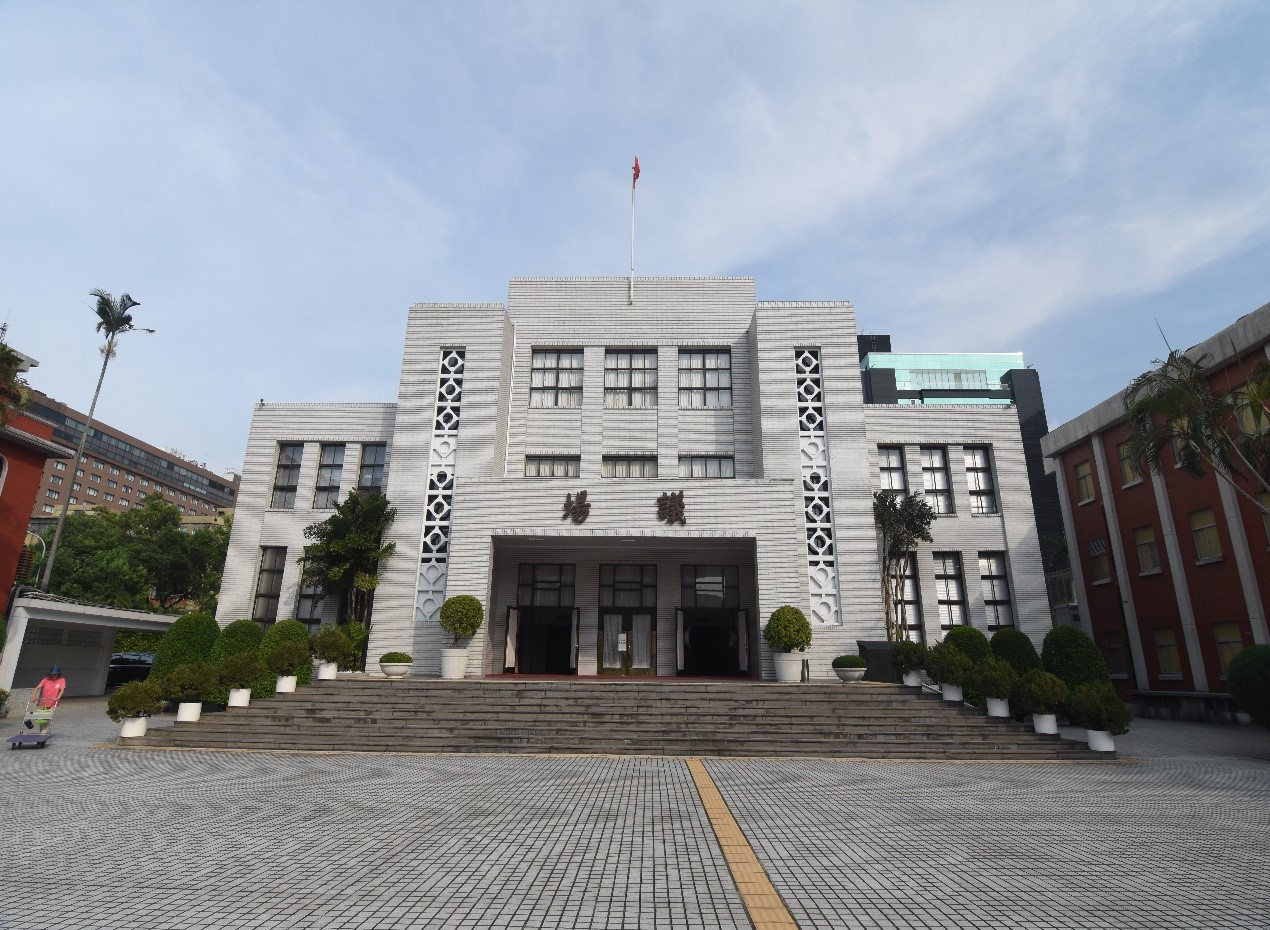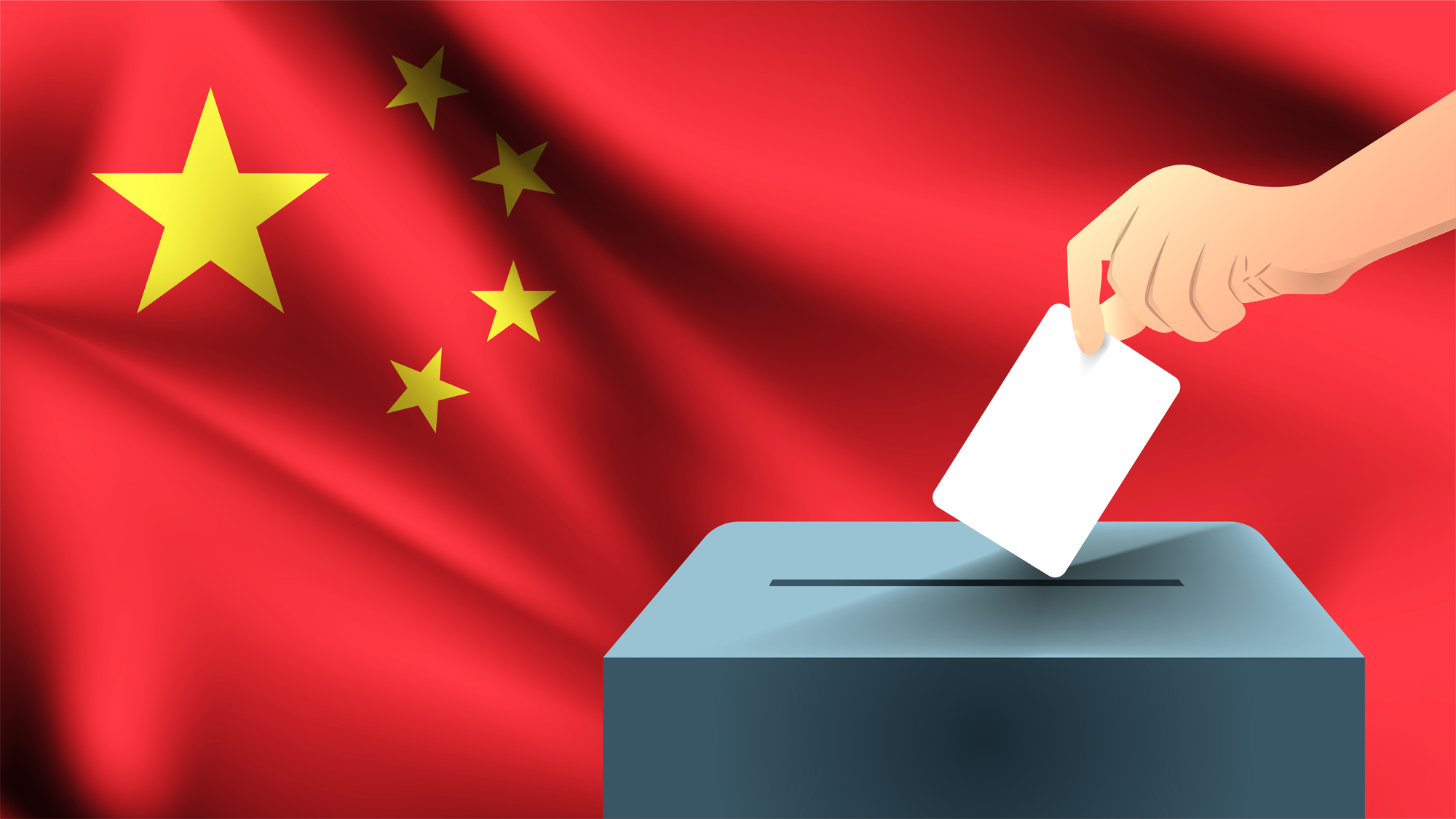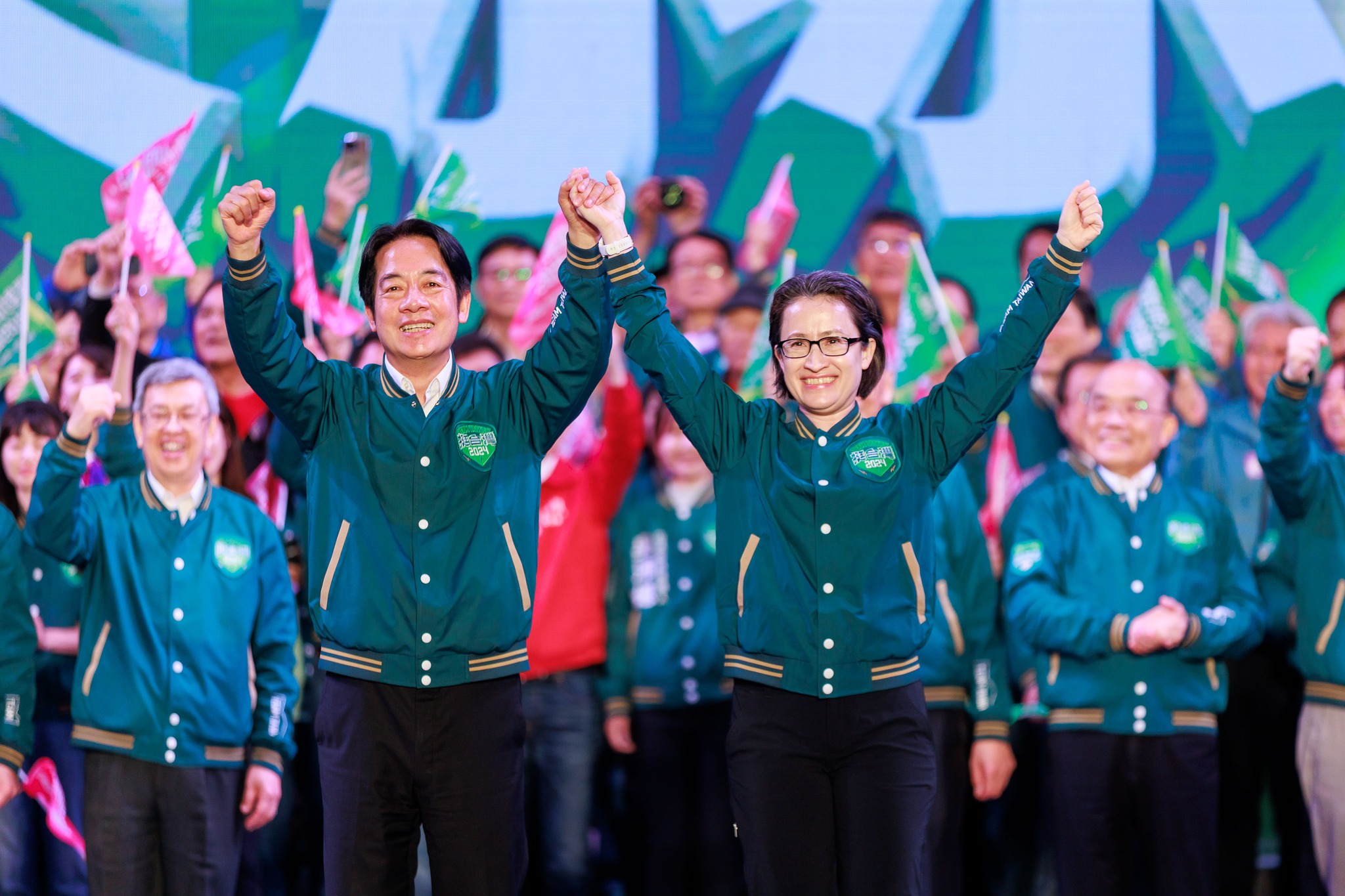In 2024, numerous elections will be held in the democratic world and the first of these, held in Taiwan on January 13, offers an insight into how new technology is being used and misused and the implications for democratic processes. Picture source: Depositphotos.
Prospects & Perspectives No. 3
Taiwan’s Elections Withstand China’s Disinformation Campaign
By Lennon Yao-Chung Chang
In 2024, numerous elections will be held in the democratic world and the first of these, held in Taiwan on January 13, offers an insight into how new technology is being used and misused and the implications for democratic processes.
Over 14 million Taiwanese cast their votes after a vibrant campaign that caught the attention of a world concerned about increased geostrategic tensions and Chinese interference. The Democratic Progressive Party (DPP) nominees, Lai Ching-te and Hsiao Bi-khim, were elected as the 16th President and Vice President respectively with a popular vote of 40.05%. The result was an unprecedented third consecutive win for any political party since the introduction of direct presidential elections in 1996. While not a simple majority, it was sufficient in Taiwan’s first-past-the-post electoral system to secure an unambiguous victory over the Kuomintang (KMT) candidates Hou You-yih and Jaw Shaw-kong, who secured 33.49% of the popular vote, and Taiwan People’s Party (TPP) candidates Ko Wen-je and Cynthia Wu with 26% of the popular vote. The result demonstrates the maturity of democracy and freedom in Taiwan.
Lai in Beijing’s crosshairs
While foreign interference campaigns and verbal and military threats from China were prominent in the lead up to the elections, voters were unfazed and cast their votes freely and favored the DPP’s Lai, who was the main target of Beijing’s hostility.
The election of Lai as the next president signals that most people agree with President Tsai Ing-wen’s path in leading Taiwan, including the building of alliances and strengthening ties with democratic countries. With foreign and defence policy the prerogative of the president, we are unlikely to see a major shift in Taiwan’s foreign policy and attitude towards China. Indeed, with former representative to the United States Hsiao Bi-khim as the vice president, the relationship between Taiwan and the U.S. is likely to be further strengthened.
Elections were also held for members of Taiwan’s unicameral parliament, the Legislative Yuan. Here the results were very different from the outcome in 2020 when the DPP had secured an absolute majority. In 2024, none of the parties secured an absolute majority. The KMT won one seat more than the DPP (52:51). While no TPP candidate was directly elected, the party secured eight legislator-at-large seats based on the party preference vote they received. The DPP’s failure to secure an absolute majority in the Legislative Yuan will make it difficult for the DPP to take forward their legislative agenda and the fissure between the Office of the President and the parliament opens further opportunities for disruptive foreign interference. Pro-China legislators could become vectors for the dissemination and amplification of China’s message in Taiwan and a channel back to Beijing. This might affect current substantial collaboration with the “five eyes” intelligence sharing countries and other democratic partners.
Fakes and deepfakes
During the campaign period, several cases of disinformation, mostly targeting the DPP, were identified. One story disseminated claimed that Taiwan and the U.S. had met in the South China sea to discuss establishing a bioweapon lab. Although this was fact-checked and found the be “misleading and lack[ing in] evidence,” it was spread and discussed widely on social media and mainstream TV channels. Also, a few days before election day, there was a campaign to disseminate a set of videos claiming to reveal “The Secret History of Tsai Ing-wen” (蔡英文秘史) in an attempt to defame her and her work. AI technology was used in the creation of the videos which included fake anchors. They were rapidly disseminated through social media platforms, including the key ones such as YouTube, Facebook and X (formerly known as Twitter).
AI has not only been used to create virtual anchors, but also to generate content and images which contribute to make the story. It has also been used to create accounts on social media, helping to disseminate and amplify the information generated. The use of deepfake has also become a concern. Sex-tapes appeared suggesting several DPP candidates were having affairs however all the candidates claimed that the videos and photos were generated through deepfake. While these cases are still under investigation, the information had already spread widely and influenced some voters.
Mitigating strategies
It is critical to think about measures to prevent the spread of disinformation and how to respond quickly to reduce the damage caused. And we can confidently say that these measures will heavily involve cooperation with social media platforms. Much relies on the attitude and decisions of social media platform. We see that while the “Secret History” videos targeting President Tsai were quickly taken down by media outlets like Mirror Media, they were still spreading on other media platforms that were less willing or had no intention to cooperate, especially the social media platforms from China such as WeChat and TikTok. Currently, democratic countries including Australia and the U.S. have banned the use of WeChat and TikTok on government devices and there are ongoing discussions about banning TikTok and WeChat within these countries. However, the genie is out of the bottle with millions of users using these apps. The demand is enormous and a “cancel culture” approach might not be effective, particularly as there are technical work-arounds and low entry barriers for new players. Not engaging with these apps makes it a “wild west” for those who intend to spread disinformation. Governments, including Taiwan, will need to consider better ways to engage with social media platforms. One way might be to ask them to establish an active local presence so that they will be more familiar with local laws, policies and community values.
Taiwan has always been a test-field of cyberattacks and disinformation campaigns, especially China-based tactics targeting people sharing Chinese culture and language. The disinformation campaigns that were prevalent during the elections are unlikely to stop as China’s campaign to control Taiwan is enduring. The rest of the democratic world should be alert to Taiwan’s ongoing experience with dissemination of disinformation campaigns as they prepare for their elections.
(Dr. Chang is Associate Professor, Centre for Cyber Resilience and Trust, Deakin University; President, Australasian Taiwan Studies Association.)
Over 14 million Taiwanese cast their votes after a vibrant campaign that caught the attention of a world concerned about increased geostrategic tensions and Chinese interference. The Democratic Progressive Party (DPP) nominees, Lai Ching-te and Hsiao Bi-khim, were elected as the 16th President and Vice President respectively with a popular vote of 40.05%. The result was an unprecedented third consecutive win for any political party since the introduction of direct presidential elections in 1996. While not a simple majority, it was sufficient in Taiwan’s first-past-the-post electoral system to secure an unambiguous victory over the Kuomintang (KMT) candidates Hou You-yih and Jaw Shaw-kong, who secured 33.49% of the popular vote, and Taiwan People’s Party (TPP) candidates Ko Wen-je and Cynthia Wu with 26% of the popular vote. The result demonstrates the maturity of democracy and freedom in Taiwan.
Lai in Beijing’s crosshairs
While foreign interference campaigns and verbal and military threats from China were prominent in the lead up to the elections, voters were unfazed and cast their votes freely and favored the DPP’s Lai, who was the main target of Beijing’s hostility.
The election of Lai as the next president signals that most people agree with President Tsai Ing-wen’s path in leading Taiwan, including the building of alliances and strengthening ties with democratic countries. With foreign and defence policy the prerogative of the president, we are unlikely to see a major shift in Taiwan’s foreign policy and attitude towards China. Indeed, with former representative to the United States Hsiao Bi-khim as the vice president, the relationship between Taiwan and the U.S. is likely to be further strengthened.
Elections were also held for members of Taiwan’s unicameral parliament, the Legislative Yuan. Here the results were very different from the outcome in 2020 when the DPP had secured an absolute majority. In 2024, none of the parties secured an absolute majority. The KMT won one seat more than the DPP (52:51). While no TPP candidate was directly elected, the party secured eight legislator-at-large seats based on the party preference vote they received. The DPP’s failure to secure an absolute majority in the Legislative Yuan will make it difficult for the DPP to take forward their legislative agenda and the fissure between the Office of the President and the parliament opens further opportunities for disruptive foreign interference. Pro-China legislators could become vectors for the dissemination and amplification of China’s message in Taiwan and a channel back to Beijing. This might affect current substantial collaboration with the “five eyes” intelligence sharing countries and other democratic partners.
Fakes and deepfakes
During the campaign period, several cases of disinformation, mostly targeting the DPP, were identified. One story disseminated claimed that Taiwan and the U.S. had met in the South China sea to discuss establishing a bioweapon lab. Although this was fact-checked and found the be “misleading and lack[ing in] evidence,” it was spread and discussed widely on social media and mainstream TV channels. Also, a few days before election day, there was a campaign to disseminate a set of videos claiming to reveal “The Secret History of Tsai Ing-wen” (蔡英文秘史) in an attempt to defame her and her work. AI technology was used in the creation of the videos which included fake anchors. They were rapidly disseminated through social media platforms, including the key ones such as YouTube, Facebook and X (formerly known as Twitter).
AI has not only been used to create virtual anchors, but also to generate content and images which contribute to make the story. It has also been used to create accounts on social media, helping to disseminate and amplify the information generated. The use of deepfake has also become a concern. Sex-tapes appeared suggesting several DPP candidates were having affairs however all the candidates claimed that the videos and photos were generated through deepfake. While these cases are still under investigation, the information had already spread widely and influenced some voters.
Mitigating strategies
It is critical to think about measures to prevent the spread of disinformation and how to respond quickly to reduce the damage caused. And we can confidently say that these measures will heavily involve cooperation with social media platforms. Much relies on the attitude and decisions of social media platform. We see that while the “Secret History” videos targeting President Tsai were quickly taken down by media outlets like Mirror Media, they were still spreading on other media platforms that were less willing or had no intention to cooperate, especially the social media platforms from China such as WeChat and TikTok. Currently, democratic countries including Australia and the U.S. have banned the use of WeChat and TikTok on government devices and there are ongoing discussions about banning TikTok and WeChat within these countries. However, the genie is out of the bottle with millions of users using these apps. The demand is enormous and a “cancel culture” approach might not be effective, particularly as there are technical work-arounds and low entry barriers for new players. Not engaging with these apps makes it a “wild west” for those who intend to spread disinformation. Governments, including Taiwan, will need to consider better ways to engage with social media platforms. One way might be to ask them to establish an active local presence so that they will be more familiar with local laws, policies and community values.
Taiwan has always been a test-field of cyberattacks and disinformation campaigns, especially China-based tactics targeting people sharing Chinese culture and language. The disinformation campaigns that were prevalent during the elections are unlikely to stop as China’s campaign to control Taiwan is enduring. The rest of the democratic world should be alert to Taiwan’s ongoing experience with dissemination of disinformation campaigns as they prepare for their elections.
(Dr. Chang is Associate Professor, Centre for Cyber Resilience and Trust, Deakin University; President, Australasian Taiwan Studies Association.)
Editor’s Note: The views expressed in this publication are those of the authors and do not necessarily flect the policy or the position of the Prospect Foundation.

